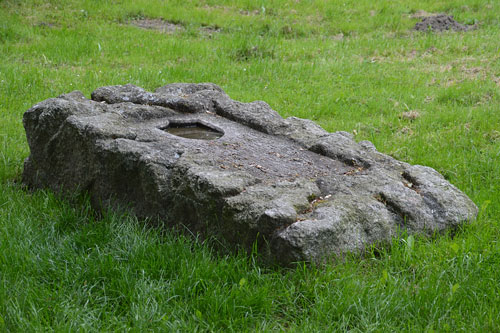Peace Rules
And let the peace of God rule in your hearts, to which also you were called in one body; and be thankful. (Colossians 3:15)
What rules in your heart?
For some people anger rules in their heart. For others it is passion. Some have comfort ruling in their heart.
In Colossians 3:15 the Apostle Paul told believers in Jesus that the peace of God should rule in their hearts. It’s a wonderful and remarkable statement.
First, it is the peace of God – not the peace of man, not the peace of surrender, not the peace of compromise. God’s peace is both the peace He has and the peace He gives. God lives in perfect peace. He isn’t anxious or troubled about anything. Jesus gave us the gift of God’s perfect peace (John 14:27), and by faith this peace can be ours and can rule in our hearts.
When peace rules in my heart, I can let God’s peace guide me regarding decisions and issues. One path may have God’s peace upon it and the other may be disturbed and conflicted. If I have no sense of God’s peace in any direction, perhaps it is time to wait altogether.
This may work in an individual way, where a person is guided and confirmed in direction by their sense of the peace of God. But the idea here is much bigger than the individual. Notice first that Paul wrote about hearts in the plural, not in the singular. It has the idea of hearts gathered together, not in isolation.
Even more, Paul added the thought to which also you were called in one body. When God called us together in one body, He called us together in peace. When peace rules among us, it means that peace should characterize the community of God’s people. If as a group of people we are characterized by anger and arguing, or by conflict and confusion, then it isn’t God’s peace.
When people look at our churches and our Christian communities, they should be able to say, “Look at the peace among those people. The peace of God certainly rules here.”
So if anything else has taken the rule over your heart, tell it to step aside. No longer should anger or passion or comfort rule in your heart. As the power of the crucified and risen Jesus fills your life, the peace of God will reign. And as Paul wrote at the end of Colossians 3:15, that’s something to be thankful for.



















